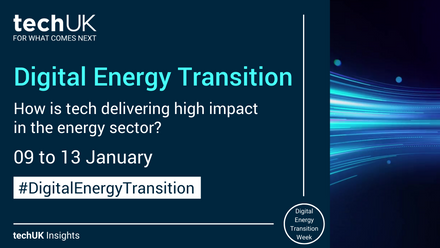Report: UNODC Global Report on Trafficking in Persons 2022
A new publication from the UODN Office on Drugs and Crime (UNODC) is the first time in 20 years that the office has collected data on human-trafficking. The main findings are that national institutions have failed to detect and protect victims of human-trafficking, and convictions for the crime fell 27% due to the Covid-19 pandemic. The report is also critical of the role of technology and cyberspace in facilitating exploitation, including forced labour, sexual exploitation, and organ removal.
Technology and Trafficking
In a contribution by the Organisation for Security and Cooperation in Europe (OSCE), authors drew attention to several worrying statistics that highlight the role of the internet in human-trafficking.
- In the U.S., the primary business model in 84.3 per cent of active trafficking for sexual exploitation cases was, “Internet-based commercial sex” (2017).
- In Austria, in the same year, the Internet was used as the most common criminal infrastructure by perpetrators in 74 per cent of human trafficking cases (2017).
The misuse of technology was found to increase rates of sexual exploitation online, including the production of sexually exploitative material, live streaming, and Child Sexual Abuse Material. The frequency of this type of crime increased significantly during the pandemic as lockdown measures increased the economic vulnerability of women and children.
Technology played an important role in increasing criminal proceeds during the period analysed, hinting at developments in online monetary exchange and banking. Advancements in encryption, online anonymity and virtual assets were noted as creating more challenges for anti-trafficking and cybercrime authorities and stakeholders.
Tech’s Role in Counter-Trafficking
The report also recognised the counter-trafficking potential of technology and digital tools, including in the production and preservation of evidence, criminal detection, and empowering prosecutors. There were over 300 digital tools the OSCE and Tech Against Trafficking (TAT) group noted for the report, split into:
- victim tracker/identification,
- awareness raising/education,
- supply chain management,
- data trends and mapping,
- corporate risk identification,
- worker engagement and empowerment, and
- victim case management and support.
For a detailed analysis of the role of tech and innovation in counter trafficking please see the OSCE’s 2020 Report entitled “Leveraging innovation to fight trafficking in human beings: A comprehensive analysis of technology tools”.
The UNODC calls on the private sector to play a role in the fight against trafficking, particularly when exploitation occurs in either business supply chains, operations or in their downstream value chain. Of the organisations developing counter-trafficking tools, the private sector was the most active group, responsible for 40% of identified tools, with NGOs responsible for 33% of tools.
Online Platforms and Self-Regulation
The UNODC called for improvements in policies and laws to mitigate the use of online platforms for trafficking, particularly relating to platform liability for trafficking. They argue that the global regime of self-regulation aimed at promoting innovation in the tech sector has failed to address the rise of technology-facilitated trafficking.
A lack of industry standards on the issue, particularly in high-risk sectors such as pornography, sexual services, and short-term job seeking, is highlighted as contributing towards increased rates of exploitation.
-
techUK recognises many of the issues highlighted in this report and is working with its membership to address them. Our members are already working alongside the Government and key stakeholders in the UK to tackle the issues of sexual exploitation CSAM content and child prostitution/ pornography through the progression of the Online Safety Bill.
For more information on this work, please get in touch with [email protected] or [email protected] on Responsible Business Conduct, or [email protected] on Digital Regulation and the OSB.

Craig Melson
Craig is Associate Director for Climate, Environment and Sustainability and leads on our work in these areas ranging from climate change, ESG disclosures and due diligence, through to circular economy, business and human rights, conflict minerals and post-Brexit regulation.








